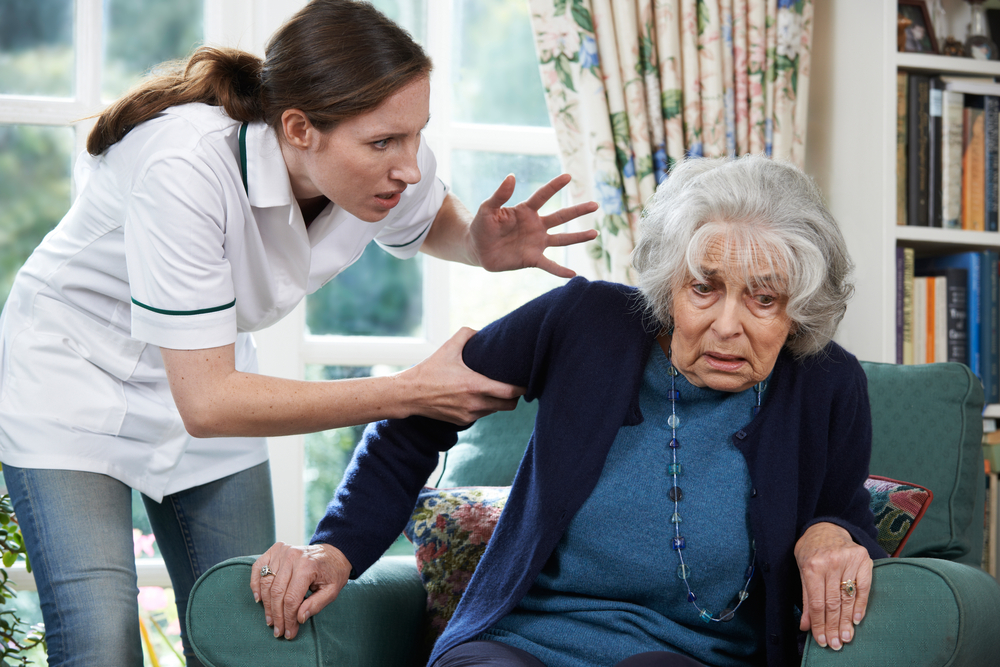You want to take care of your senior family member but because you’re traveling hours to and from work every day, you know that’s no longer feasible. Leaving a senior alone at home can pose risks to their health and safety. Because of this, you decided to send your elderly family member to a nursing home. You believed that since professionals are working with them every day, they will be taken care of by the best people – but this isn’t always the case. Months after living in the nursing home, you’ve noticed changes in the family member, and you suspect that he/she has been a victim of nursing home abuse. To help you come up with a conclusion, consider the information below as it presents the signs of nursing home abuse:
Physical Abuse:
This is the most common type of abuse experienced by seniors in a nursing home. There are also obvious signs that could confirm your suspicions:
- Scars or bruises on different parts of the body.
- Signs of restraint, commonly rope marks on senior’s wrist.
- The refusal of the caregiver to let you alone with the senior
- Medications that aren’t being taken appropriately due to the negligence or intentional acts of the caregiver or doctors in the nursing home.
- Unexplained broken bones and sprains.
- Unexplained broken glasses.
Emotional abuse:
This type of abuse can’t easily be detected but the behavior of the senior can change drastically once there is emotional abuse. Here are some of the signs to look out for emotional abuse:
- Unusual behavior which can resemble symptoms of dementia, including sucking one’s thumb, rocking and mumbling behaviors.
- Witnessing belittling, controlling or threatening behavior from the caregiver towards the senior.
- The senior feeling distanced from family members who he/she was close with in the past.
Sexual abuse:
Although not common, sexual abuse still happens inside the nursing home. Sexual abuse comes in different forms but can be seen through:
- Anal or vaginal bleeding which is unrelated to a medical condition.
- Bloody, torn and stained underwear.
- Bruises near or around the genitals and breasts of the seniors.
- Seniors acquiring STDs and other genital infections.
Financial exploitation:
A senior is particularly prone to financial exploitation. This has become a fast-growing form of abuse and often involves a senior’s trusted person such as caretakers, family members, and doctors. In the nursing home context, these are signs that a senior is a victim of financial exploitation:
- ATM withdrawal when the senior is bedridden.
- Lack of medical care and supplies despite having money to purchase it.
- Missing cash from the senior’s pocket, home or room.
- Sudden changes in life insurance policies, property titles, and wills.
- Sudden changes in the senior’s financial situation.
- Unexplained withdrawal from the senior’s bank accounts.
Nursing home abuse can scar the victim for life and can affect his/her behavior and mindset. If you think a family member or someone you know is a victim of nursing home abuse, seeking help from a nursing home abuse lawyer like this one here might be the solution to their problems.
In Conclusion
One of the reasons why you sent your family member to a nursing home was because you wanted them to be taken care of when you’re away. However, if you’re getting the complete opposite as a result, of course, you would feel devastated and angry. The nursing home should look after their welfare, not harm them in any way. If you suspect your loved one is a victim of nursing home abuse, be wary of the signs first and consult a nursing home abuse lawyer to determine what possible actions you should take.
